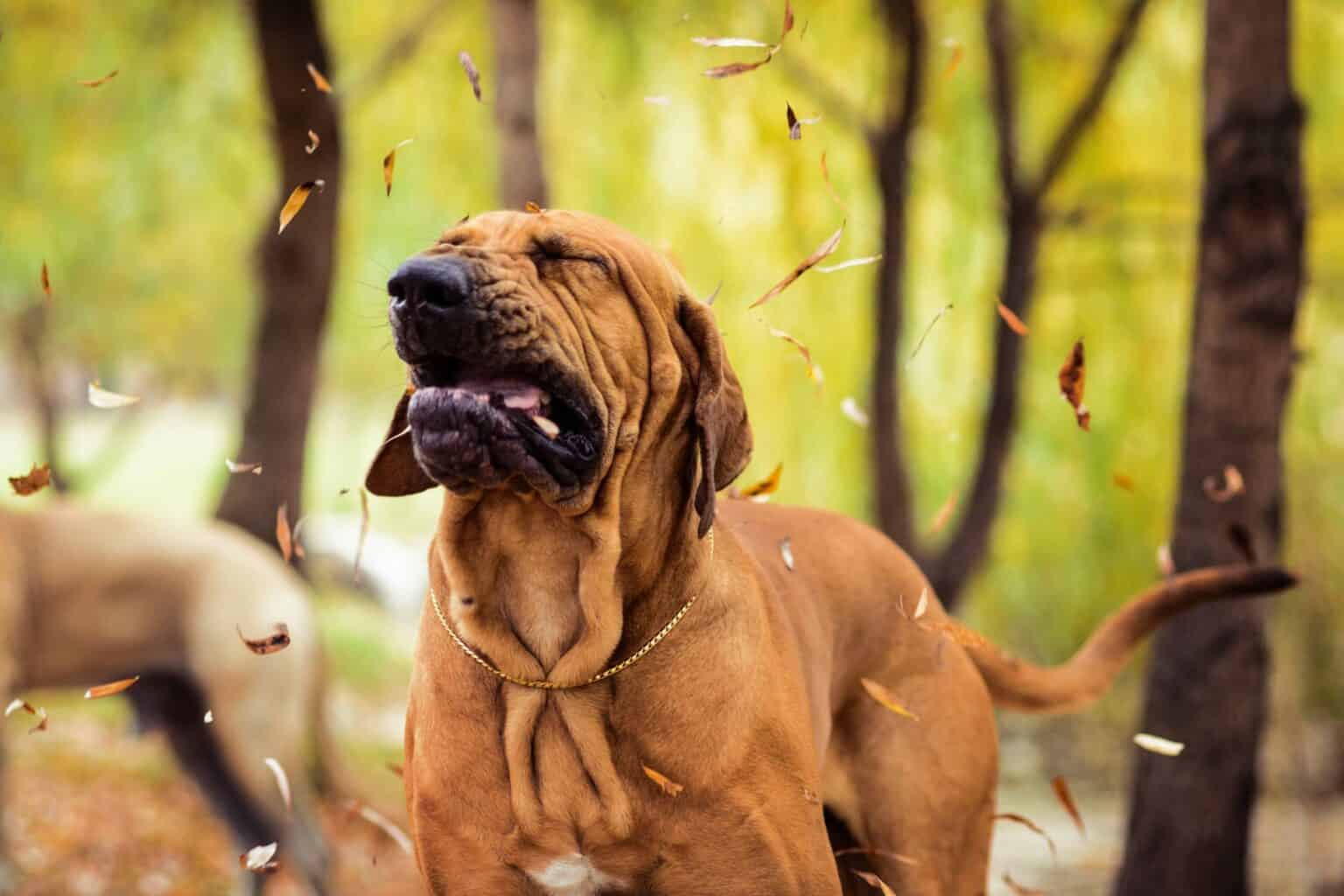Say What? Deciphering the Reverse Sneeze in Dogs

Dog owners are used to some pretty crazy noises coming from their pets. Snorts, sneezes, grunts, and gurgles can be the norm. When your pet makes a new sound outside of their regular repertoire, though, it can be concerning.
BEEVET Animal Hospital is no stranger to calls from clients worried about the noises their pet is making. One of the most common suspicious sounds is the reverse sneeze in dogs. This scary but usually harmless noise is one every pet owner should know.
Recognizing the Reverse Sneeze in Dogs
When it comes to the reverse sneeze in dogs, few other puppy performances compare. Once you know what you are looking at, the phenomenon is pretty unmistakable.
A reverse sneeze, or paroxysmal inspiration, is just as its name implies: the opposite of a regular sneeze.
During a reverse sneezing episode, the dog will pull air inward through the nose repeatedly over several seconds. This movement of air results in a very dramatic gagging-like sound that occurs as the dog extends the neck repeatedly. Many pet owners panic, thinking their dog is choking.
A reverse sneeze tends to be triggered by irritation in the back of the nasal passages or throat, whereas a regular sneeze typically happens to remove irritation from the front of the nose.
There are many potential causes for a reverse sneeze in dogs. These include:
- Nasal drainage
- Allergens like pollen
- Nasal mites
- Foreign objects such as plant material
- Irritants such as smoke or perfumes
- Growths
- Elongation of the soft palate
Knowing What to Worry About
A reverse sneeze in dogs is typically nothing to be concerned about. Usually, the reflex clears whatever triggered it and, after a dramatic show, your pet is back to normal.
Sometimes, though, if the irritation is persistent, reverse sneezing episodes can be prolonged or repeated. So when should you be worried?
Please make an appointment to see us if:
- Your pet is distressed by the episodes
- Other respiratory signs such as a cough or nasal discharge are present
- Your pet seems to be having trouble breathing
- The gums or tongue are grey/blue
- Your pet loses consciousness
- Your pet is acting otherwise unwell
When in doubt, it is best to let one of our doctors examine your pet. Diagnostic testing can help us determine if there is another reason for your pet’s issues, such as an underlying cardiac condition or a polyp in the nasal passage.
The reverse sneeze is known for causing alarm, but please don’t panic the next time you catch your pet doing it. For the most part, this dramatic display is no big deal. When it is, though, we are here to help.
